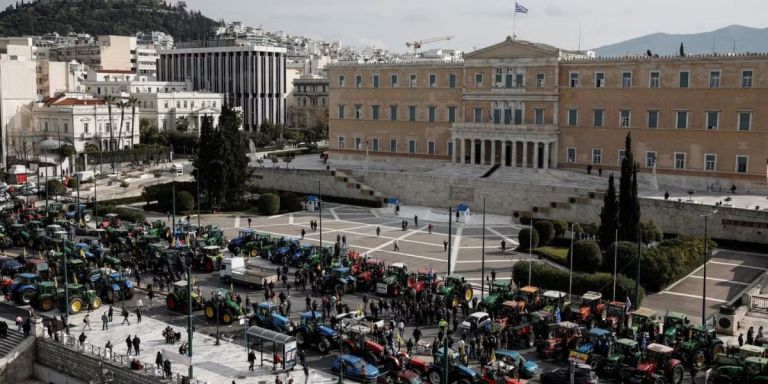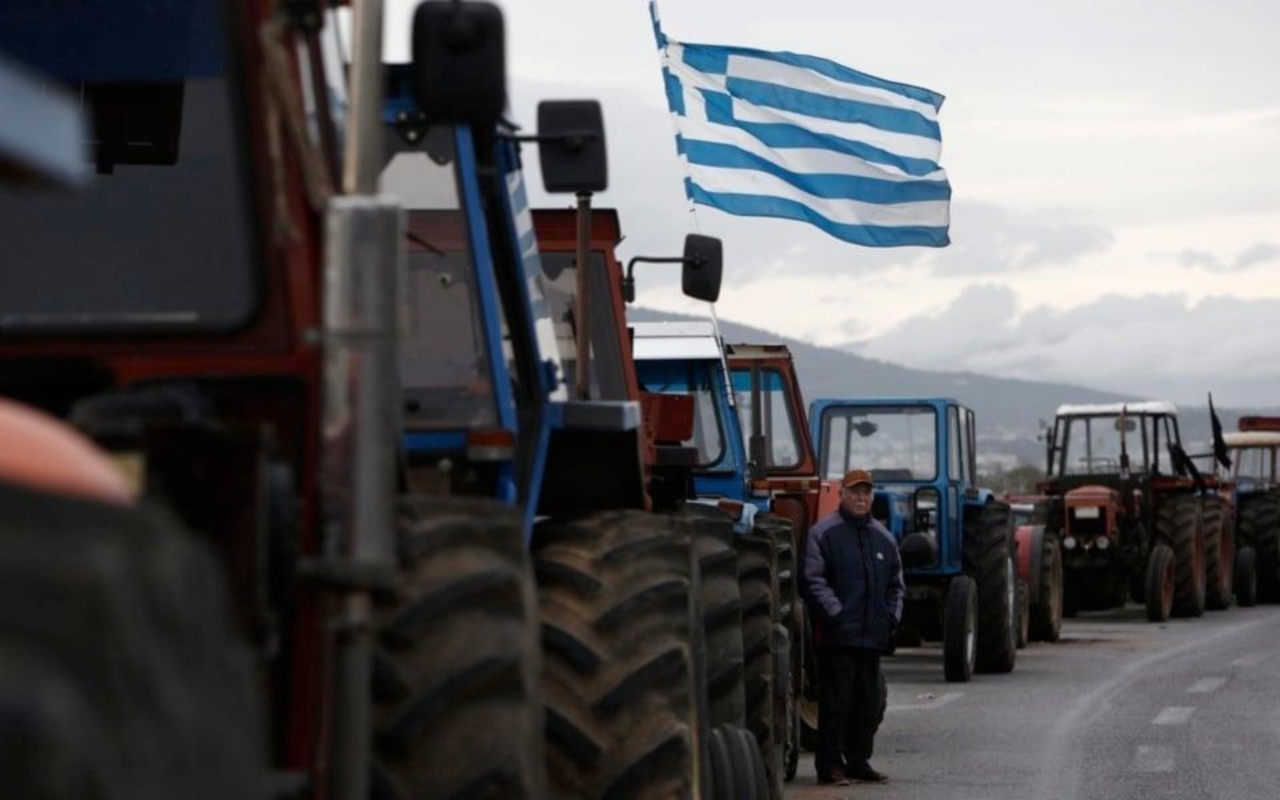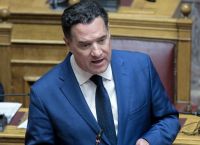New CAP 2028-2034: Greece in the European Negotiation Shadowed by the OPEKEPE Scandal

Πηγή Φωτογραφίας: eurokinissi//New CAP 2028-2034: Greece in the European Negotiation Shadowed by the OPEKEPE Scandal
The European Union is opening one of the most challenging rounds of negotiations for the future of the Common Agricultural Policy (CAP). Following the European Commission’s announcement of the new Multiannual Financial Framework, attention now turns to a fund of €294 billion for 2028-2034 – a reduction of approximately 15% compared to the previous period.
For Greece, the stakes are high: the country enters the Brussels negotiations under the heavy shadow of the illegal subsidy scandal at OPEKEPE, which has severely damaged its credibility.
A Tough Battle for Fewer Funds
The reduction in available funds has already sparked fierce reactions:
- The Copa-Cogeca lobby, representing over 22 million European farmers, called the Commission’s proposal a “Black Wednesday for European agriculture.”
- Environmental organizations warn that the green transition risks being sidelined.
- Young farmers fear exclusion, as the 6% target for support remains non-binding, unlike the current guaranteed 3%.
“With a limited budget, a non-mandatory target means we have to fight for every euro,” said Peter Mindendorp, President of the European Council of Young Farmers (ECYF).

Large Farms Under Pressure
The Commission proposes a €100,000 cap per beneficiary, with gradual reductions for higher amounts. The aim is to address the phenomenon where 20% of beneficiaries absorb 80% of subsidies.
However, associations representing large-scale farmers argue that “professionals ensuring Europe’s food security are being punished.”
Sectors Under Pressure
Specialized sectors such as wine will no longer have dedicated funding but will be integrated into the general package. Winemakers warn of “disruption to fair competition.”
Green practices risk being left without binding resources. “If you cut rules without targeted incentives, you effectively eliminate environmental protection measures,” stated a Greenpeace spokesperson.
Greece’s Dilemma
Amid this landscape of conflict, Greece must secure its share despite the “skeletons in the closet” from the OPEKEPE scandal. The credibility problem acts as a weight in negotiations, at a time when every euro is vital for the survival of small and medium-sized producers.
The question remains relentless: Which farmers does the European Union want and can it actually protect?
Source: pagenews.gr
Διαβάστε όλες τις τελευταίες Ειδήσεις από την Ελλάδα και τον Κόσμο






Το σχόλιο σας